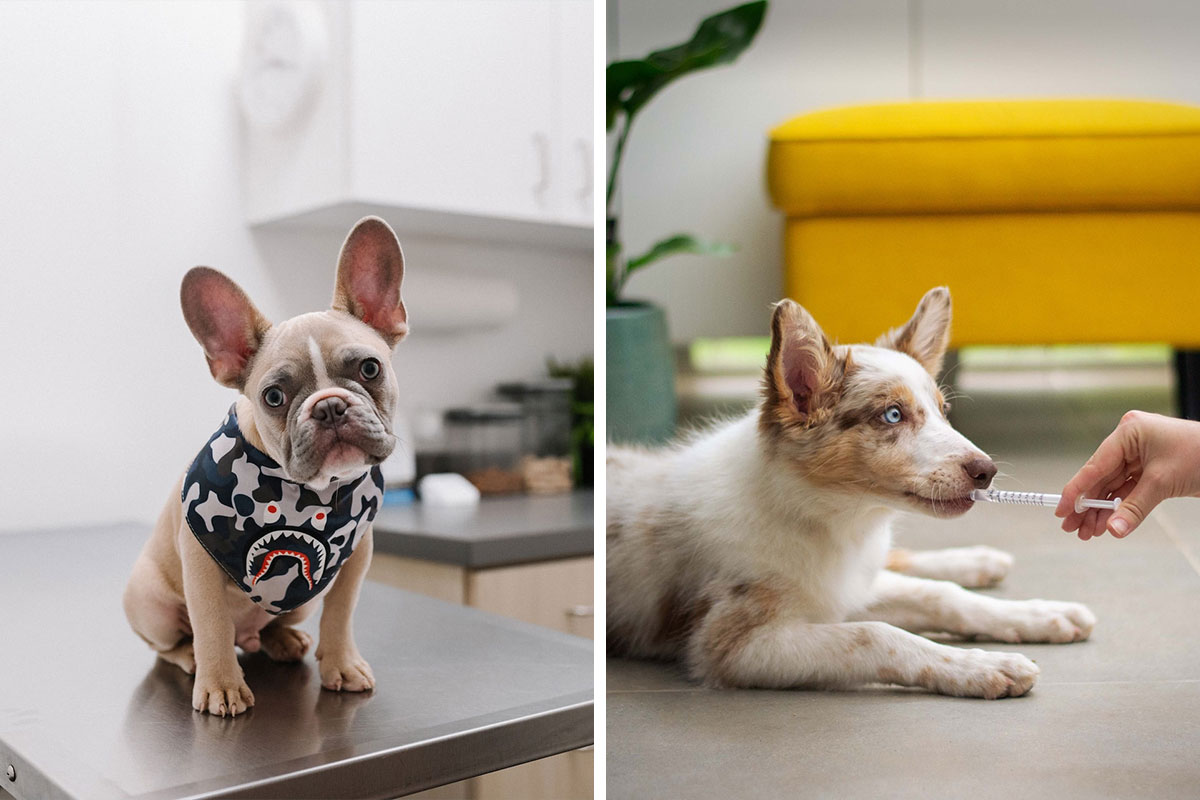
What Can You Give Dogs for Gas? Home Remedies for Dog Fart Relief
Gas in dogs is a common issue, and it often causes discomfort for both the dogs and their owners. While it’s normal for dogs to have some flatulence, too much gas can be a sign of diet problems or even health issues. Understanding why dogs get gas is important—it helps in finding the right remedies.
This article talks about different natural and medical ways to reduce and stop too much gas in dogs. These solutions can make dogs more comfortable and help them fit better into your home.
- Excessive dog gas can indicate dietary issues or health problems.
- Probiotics and stomach massages may provide immediate gas relief.
- Gradual dietary changes and avoiding gas-inducing foods are recommended.
- Persistent or severe gas requires veterinarian consultation.
The information provided herein is for informational purposes only. Please refer to our disclaimer for more details..
- Understanding Flatulence in Gassy Dog
- Home Remedies to Give Dogs for Immediate Gas Relief
- Over-the-Counter Solutions for Bad Gas
- When to See a Veterinarian
- Special Considerations for Certain Dog Breeds
- Preventing Excessive Gas in Dogs with Proper Dog Food
- Conclusion: What Can You Give Dogs for Fart
- FAQs on How to Give Dogs Gas Relief and Home Remedies
Understanding Flatulence in Gassy Dog
Gas in dogs is a normal part of how they digest food, but excess gas can be a sign of other problems. Let’s take a closer look:
Normal Digestive Process and Gas Production
When dogs digest food in their stomach and intestines, gases like hydrogen, carbon dioxide, and methane are made. These gases are mostly without smell.
Dogs may release gas, known as flatulence when these gases build up and need to get out. The medical term for this is flatus, which means air or gas coming out through the anus.
What Causes Gas in Dogs?
Dietary Factors: Certain foods make more gas. Foods like those high in fiber, fats, dairy, hard-to-digest items like soybeans and beans, and spoiled food can cause more smelly gas. Changing a dog’s diet can also lead to more flatulence. some dogs are lactose intolerant, meaning dairy products can cause digestive upset in them.
Swallowed Air: If your dog eats fast or has to compete for food, it can take in too much air, especially. Breeds with short heads, like pugs, often swallow a lot of air because of their face shape.
Differentiating Between Occasional Fart and Health Issues
Occasional Flatulence: It’s normal for dogs to have some gas, and how much they have can vary a lot. If dogs pass gas sometimes but have no other symptoms, it’s usually not worrying.
Signs of Underlying Health Issues: If a dog has bad gas and also symptoms like diarrhea, vomiting, weight loss, or doesn’t want to eat, it could mean serious stomach diseases. These might include inflammatory bowel disease, too much bacteria in the small intestine, food allergies, parasites in the intestines, or even serious problems like cancer in the bowel.
Understanding the difference between normal and too much gas in dogs, and what causes it, is important for taking care of them properly. If a dog has a lot of gas and other worrying symptoms, it’s important to see a vet for a full check-up and the right treatment.
Home Remedies to Give Dogs for Immediate Gas Relief
Now, let’s look at easy, effective home remedies to help your dog’s digestion and reduce gas.
Probiotics
Probiotics are good bacteria that improve gut health and digestion. They balance the gut’s environment, lessening gas.
Plain, unsweetened yogurt is a common probiotic source. Start by adding 1 tsp to 1 Tbsp to your dog’s food, slowly increasing the amount if they handle it well. Dog-specific probiotic powders are also available.
Messages
Gently rub your dog’s belly in circles. This can move gas through their digestive system and ease discomfort.
Benefits: Massages can clear gas and lower stress linked to digestive problems.
Dietary Changes
High-Quality Diet: Choose foods that are easy to digest and full of nutrients. Stay away from hard-to-digest foods like peas, fiber, beans, and soybeans.
Avoid Gas-Inducing Foods: Even healthy steamed veggies like cauliflower, broccoli, and Brussels sprouts can cause gas if given in large amounts. Also, avoid giving your dog table scraps or foods high in fats or sugars.
Introduce New Diets Slowly: Change to a new food over a week to prevent an upset stomach.
Herbal Supplements
- Ginger: Gingerol, found in ginger, helps with digestion and speeds up the emptying of the stomach, which cuts down on gas. Mix ¼ to 1 tsp of powdered ginger into your dog’s food each day, or use a few ginger extract drops.
- Peppermint Oil: This soothes stomach and intestinal issues. Make peppermint tea, let it cool, and then add this tea to your dog’s water.
- Activated Charcoal: This cleans the stomach and digestive tract, easing gas discomfort. It’s usually mixed with water for oral use, but don’t use it for more than 2 to 3 days.
Encouraging Slower Eating
Use Slow-Feed Dog Dishes: These dishes have a special design to stop dogs from eating too fast and swallowing air, which helps reduce gas.
Divide Meals: Break up your dog’s daily food into several smaller meals to encourage slower eating.
Regular Exercise
Regular exercise is key for good digestion. Daily activities like walks or playtime help with bowel movements and lessen gas production.
These home remedies are natural and effective in managing and preventing flatulence in dogs, improving their digestion and overall health. However, if your dog’s symptoms don’t improve or get worse, it’s best to see a vet.
Over-the-Counter Solutions for Bad Gas
There are over-the-counter options to help a dog with gas too. Let’s look at these, including their uses, safety, and proper amounts for your dog.
Simethicone (Gas-X)
Simethicone, often called Gas-X, helps temporarily with gas. It groups small gas bubbles into bigger ones, making them easier to pass. It’s safe but check with your vet for the right amount for your dog’s size and age.
Watch for allergies or sensitivities in dogs, like hives or panting. If these happen, contact your vet right away. Simethicone might cause diarrhea and vomiting, but these symptoms should stop if you no longer use the medication.
Digestive Enzymes
Digestive enzymes for dogs include lipase, amylase, protease, bromelain, and papain. They help with conditions like pancreatic issues.
These enzymes are given by mouth. They can cause mouth sores, vomiting, and diarrhea, especially in high doses. In rare cases, serious allergic reactions like facial swelling or breathing problems can occur.
Antacids (Tums and Pepto-Bismol)
- Tums (Calcium Carbonate): Tums, which neutralize stomach acid, can help with heartburn and stomach upset. However, they may not work as well for dogs due to their fast digestion. Tums are safe as long as they don’t have artificial sweeteners like sorbitol, aspartame, or xylitol. Always check with your vet before giving Tums to your dog.
- Pepto-Bismol (Bismuth Subsalicylate): Pepto-Bismol is mostly safe but can cause stomach bleeding. Its bismuth can make stools black, which might hide stomach bleeding. Use it carefully, usually only once or twice, after talking to your vet. The usual dosage is 1 teaspoon per 10 pounds of body weight, given every six to eight hours. If diarrhea continues after a few doses, stop and talk to your vet.
Before using any over-the-counter products, it’s really important to talk with a vet to make sure they’re safe and right for your dog’s specific health needs.
When to See a Veterinarian
Sometimes, dog gas needs a vet’s help, not just home treatments or store-bought products. Here are signs that you should take your dog to the vet:
- Persistent Gas: If your dog has gas and it doesn’t get better with changes in diet or remedies, it might mean there’s a deeper health problem.
- Accompanying Symptoms: If your dog with gas also shows pain, diarrhea, vomiting, doesn’t want to eat, or is losing weight, they need to see a vet right away.
- Serious Conditions: Some situations are very urgent, like bloat (when the stomach fills with gas and twists) or hemorrhagic gastroenteritis (sudden vomiting and bloody diarrhea). These can be life-threatening and need quick medical care.
In these situations, getting your dog to a vet quickly is key. They can find out what’s wrong and start the right treatment, making sure your dog stays healthy and happy.
Special Considerations for Certain Dog Breeds
Certain dog breeds, especially those with short faces like pugs, bulldogs, and Boston terriers, need extra care for gas problems. These dogs, known as brachycephalic breeds, often swallow more air due to their short noses—this can lead to more gas. Sometimes, surgery might be needed to fix breathing troubles that add to this issue.
Preventing Excessive Gas in Dogs with Proper Dog Food
- Regular Vet Visits: It’s super important to take your dog to the vet regularly. These check-ups help spot and quickly deal with any health issues—like those causing gas.
- Healthy Eating: Feeding your dog a well-balanced, top-quality diet is a major key. This means steering clear of hard-to-digest foods and picking a diet that fits your dog’s unique needs.
- Exercise Often: Keeping your dog active plays a big role in their digestive health. Regular exercise helps move food through their system and aids in getting rid of gas.
Conclusion: What Can You Give Dogs for Fart
Stopping and managing gas in dogs involves easy home treatments, safe over-the-counter meds, and knowing what your breed needs. The main tactics include changing their diet, doing lots of exercise, and watching for health changes. Don’t forget those vet check-ups—they’re critical for your dog’s tummy health. As caring dog owners, we must stay ahead of the game and fully understand our furry friends’ health requirements, ensuring they’re happy and comfortable.
FAQs on How to Give Dogs Gas Relief and Home Remedies
How do you get rid of trapped gas in dogs?
To help your dog with trapped gas, try a few steps like giving them a well-rounded diet and using special bowls to slow down their eating. Regular walks and playtime, tummy rubs, and adding probiotics to their diet can also help. Sometimes, medicines like Simethicone (Gas-X) are useful but always check with your vet first.
What can I give my dog for gas relief?
For easing your dog’s gas, natural options like changing their diet, giving probiotics, or using herbs (like ginger or peppermint) work well. You can also try over-the-counter meds like Simethicone (Gas-X) and digestive enzymes. Remember to talk to your vet before trying new treatments or supplements.
Do bananas help dogs with gas?
1Kviews
Share on Facebook
 Dark Mode
Dark Mode 

 No fees, cancel anytime
No fees, cancel anytime 


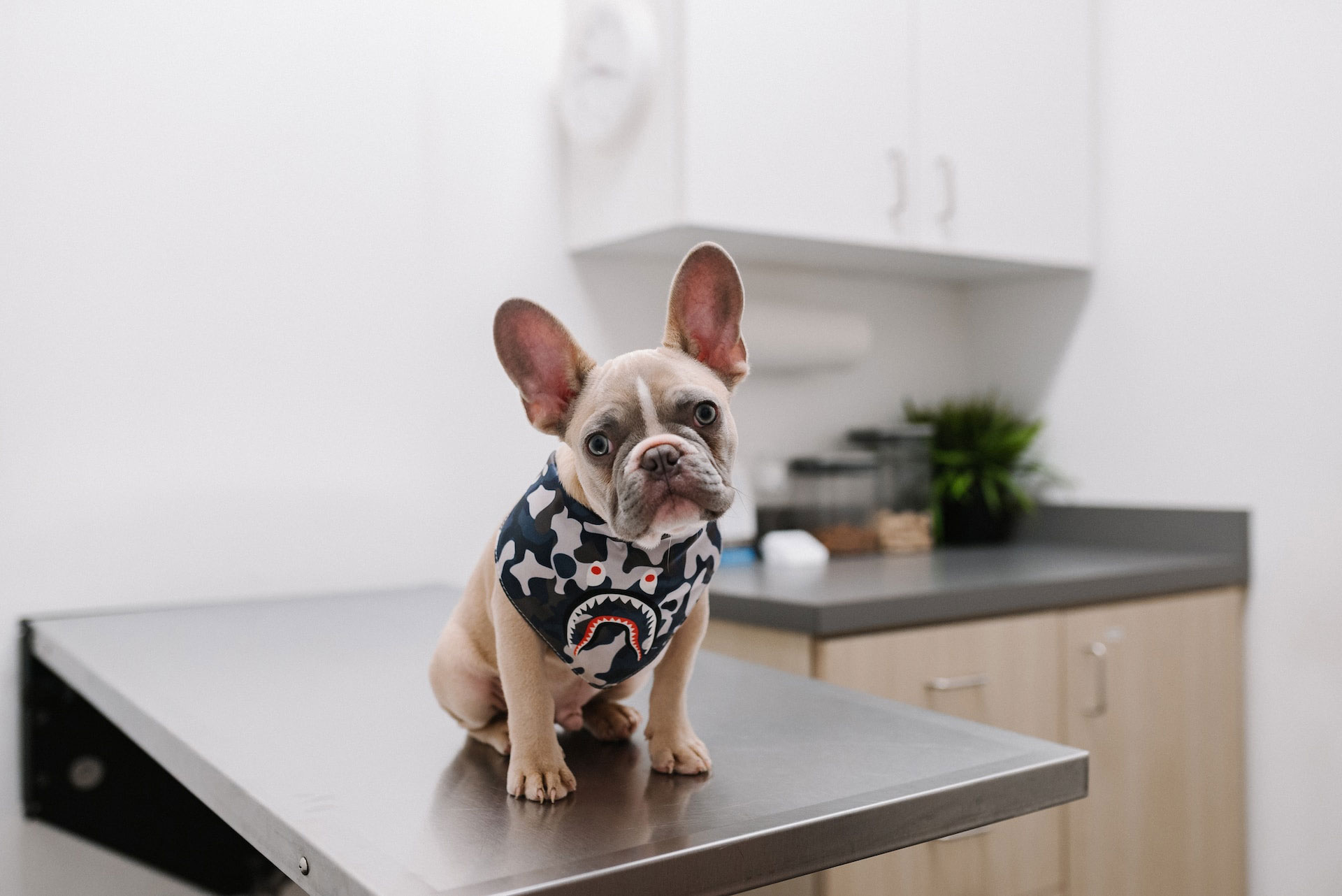 Image credits:
Image credits: 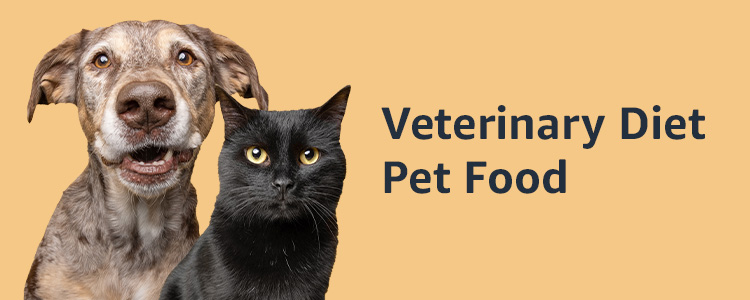
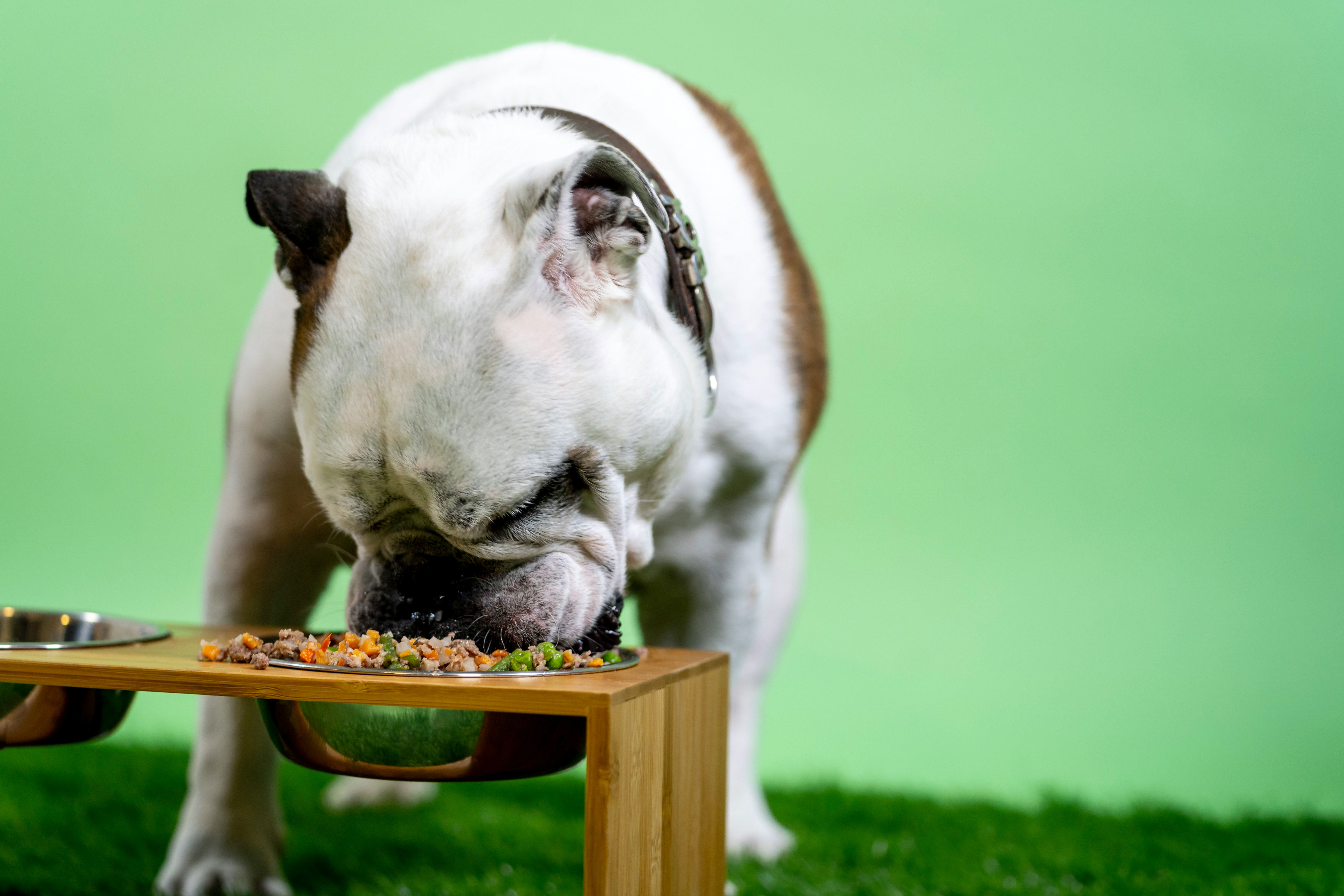 Image credits:
Image credits: 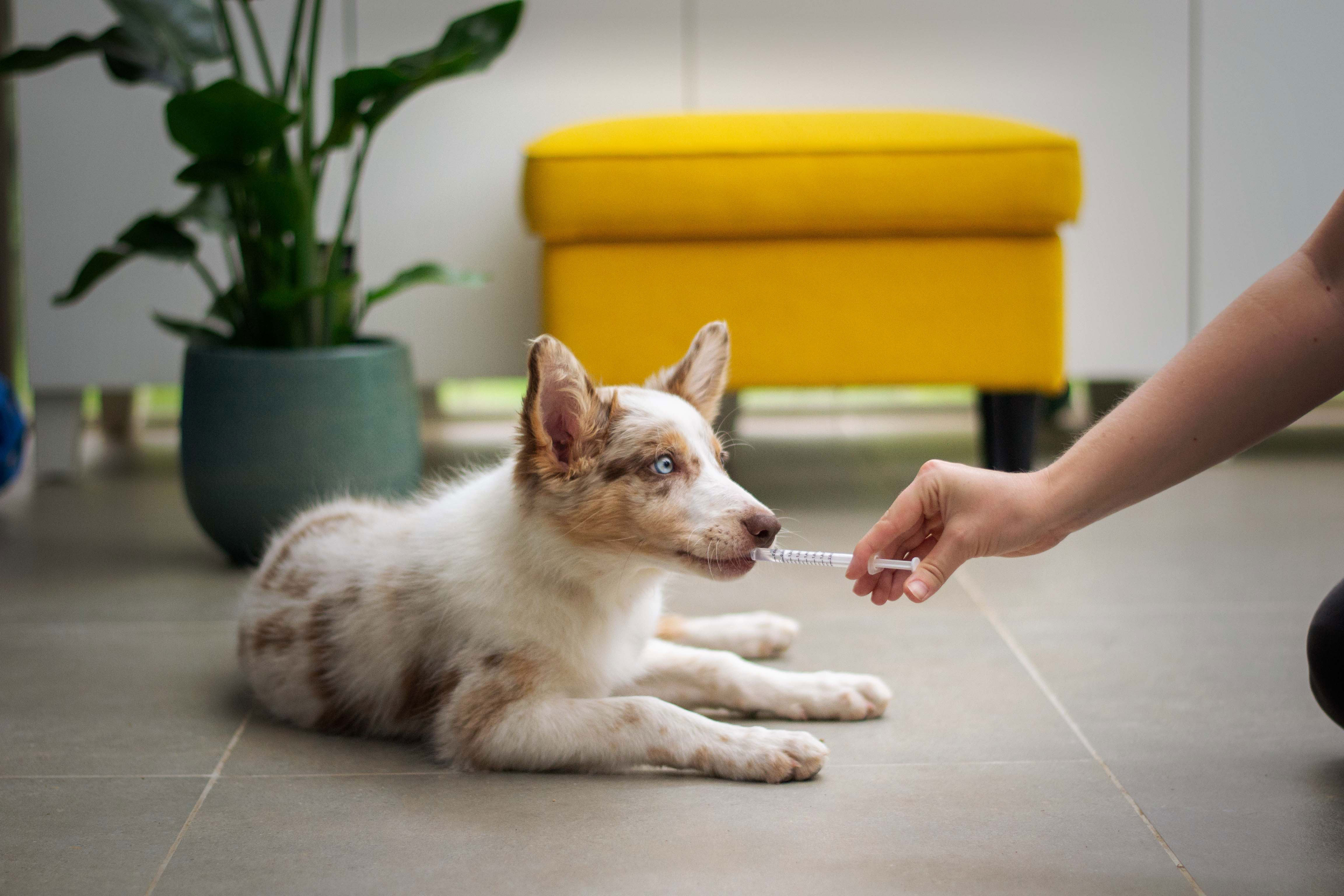 Image credits:
Image credits: 






















-2
0